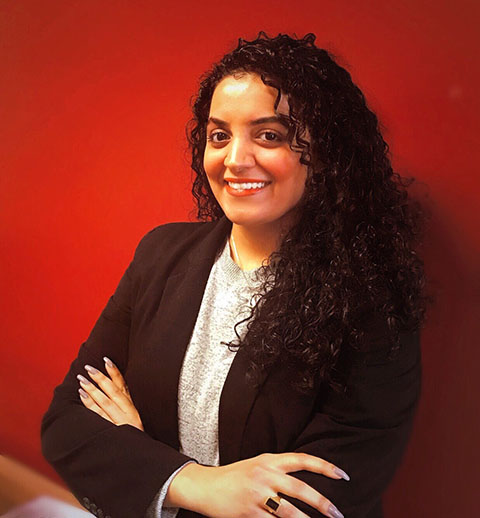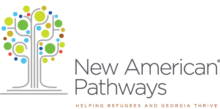

This month’s Thought Leader piece is by Mwoddah “Mo” Habib. Mo is pursuing a Master’s of Public Health concentrating on health management and policy at Georgia State University (GSU). She is a recent recipient of the GSU 40 Under 40 award for her commitment to public health and serving her community- Clarkston, Georgia. Mo is a key clinic coordinator at the Clarkston Community Health Center (CCHC), a nonprofit clinic that provides free health services to low-income, uninsured individuals. She also created and organized Minority Career Day at her alma mater, Clarkston High School. Mo has interned and worked for several organizations including the Center for Black Women’s Wellness, the Carter Center, and the Centers for Disease Control and Prevention (CDC). She earned an Associate’s of Arts in chemistry from Georgia Perimeter College (now GSU Perimeter College). She then received a Phi Theta Kappa scholarship to Agnes Scott College, where she earned a Bachelor’s of Science in chemistry, sociology, and anthropology. Mwoddah aspires to combine her passion for human rights and public health to create innovative policies and structures to improve population health.
I am an Iraqi-American. Neither identity outweighs the other, but rather, both are infused within me. Depending on the environment and whom I am interacting with at a given moment, the balance can shift a little to the appropriate one. Legally, I became an American in 2008, but I became an American the very second that I started daydreaming about life in America, the minute that I arrived at my new home, the day I spoke English at school and Arabic at home, the week that I helped the new Mexican student in seventh grade, the month I marched protesting for social justice, and every year that I volunteered in my community. I am a proud Iraqi-American. My American experience is an everyday experience. It is ongoing and never-ending with every goal that I set and accomplish, and through the many different people I meet and call friends.
My father told me once that I must take advantage of every opportunity this country can offer. And so, I became the first in my family to enter college, earn a degree, and am currently working to earn a graduate degree. I work hard every day to learn and to serve my community.
Living in the United States taught me that every day brings a new learning experience, and every waking moment presents a new struggle to be faced fearlessly with an open heart and mind. As a child refugee, I have encountered and overcame many challenges that created a sense of resiliency and perseverance within me. Growing up in a very diverse community, Clarkston, Georgia, allowed me to have an open mind, to accept different people, and to be socially conscious. These experiences changed my views of the world around me, but most importantly, they changed my view of myself for the better. I combined knowledge gained from my studies, work, and community service with these experiences to forge a mission for myself, one that centers around achieving the American dream while igniting positive change that ripples into a movement of action. Like my story, there are endless stories of refugees and immigrants contributing to their communities through education, work, and volunteerism.
I say all of this to illustrate that citizenship status does not make one an “American,” but what does is one’s allegiance, sense of belonging, and overall contribution to society and country. Refugees like myself found not only refuge in the U.S. but also a home. Many refugees witnessed war, destruction, and loss of loved ones. In their new homes, they work, educate themselves, and contribute in various ways. America is unique and strong because of its diversity. Take it away, and you take away America’s most prized possession.
My refugee status did get erased when I became a United States Citizen in 2008, but millions of people worldwide still live their days with this label. But we are more than a label or a term. We are people with beautiful dreams and hopes. We are just like you. Generally, I notice in the media that refugees are represented in images either in a pitiful way or as super humans having to overcome the unthinkable. Refugees indeed face horrendous circumstances and more often than not, overcome them. But that does not mean we are any different from you. The reality is that anyone—regardless of race, ethnicity, religion, age, gender, or any other characteristic you wish to identify people with—can become a refugee if unfortunate, horrible conditions arise. The United Nations High Commissioner for Refugees states that 70 million people were forced to flee their homes by the end of 2018. World Refugee Day is the day to acknowledge these stories and the names behind the numbers we hear or read with regards to refugees, asylum seekers, or displaced individuals. Most importantly, today is the day we acknowledge the beautiful lives and contributions of refugees worldwide.

